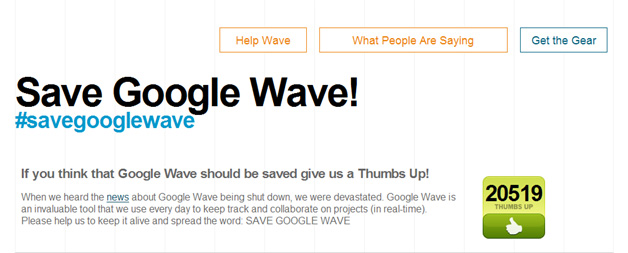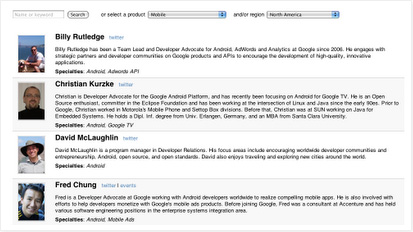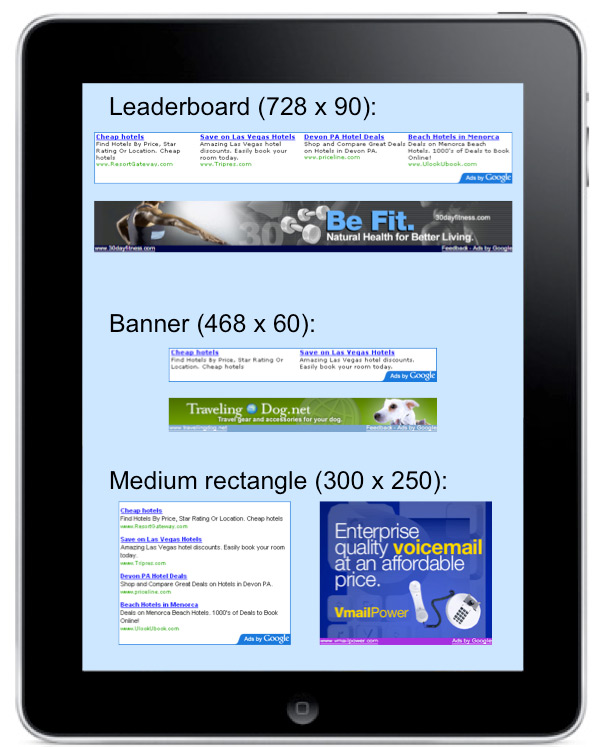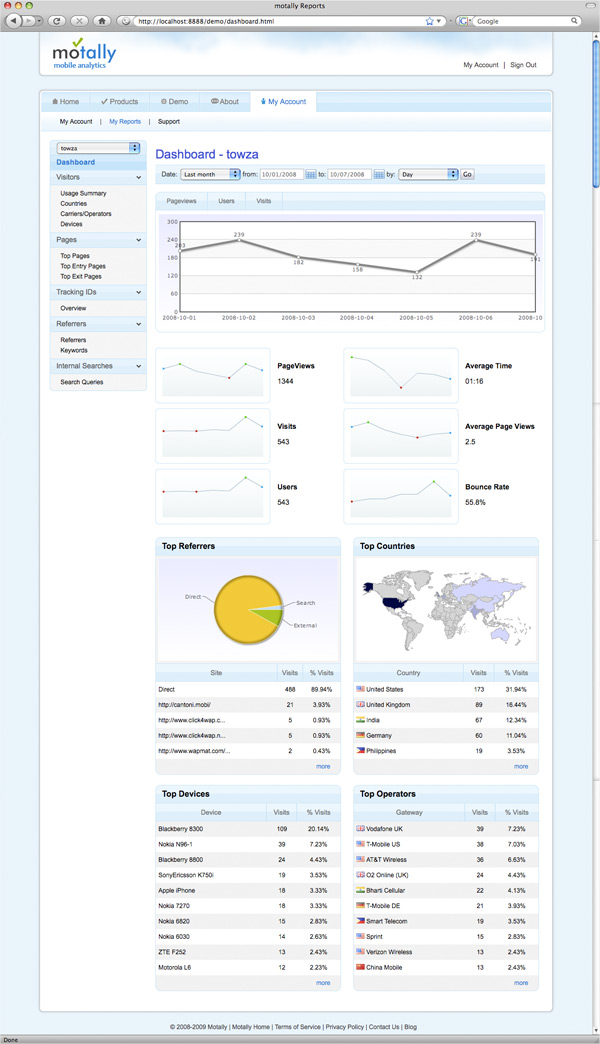The Federal Communications Commission has announced a challenge for software developers to create apps that help people monitor Internet openness.
The FCC says its Open Internet Challenge is about the development of apps that provide users with information about the extent to which their fixed or mobile broadband Internet services are consistent with the open Internet. These software tools could, for example, detect whether a broadband provider is interfering with DNS responses, application packet headers, or content.
 “This challenge is about using the open Internet to protect the open Internet,” said FCC Chairman Julius Genachowski.
“This challenge is about using the open Internet to protect the open Internet,” said FCC Chairman Julius Genachowski.
“Our goal is to foster user-developed applications that shine light on any practice that might be inconsistent with the free and open Internet. Empowering consumers with information about their own connections will promote a vibrant, innovative, world-leading broadband ecosystem.”
The winners of the Open Internet Challenge will be invited to FCC headquarters in Washington, D.C., to present their work to the Commission and be honored with an FCC Chairman’s reception. Winners will have their apps and research featured on the FCC’s website and social media outlets. Winners will be reimbursed for authorized travel expenses.
The submission deadline for the challenge is June 1, 2011, and a public voting period will run from June 15, 2011 through July 15, 2011. Winners will be announced in August 2011.




 The timing of the giveaway just leaves a little to be desired, since it might have been smarter to have a bunch of happy developers and optimized sites in place before Google TV was offered to the public.
The timing of the giveaway just leaves a little to be desired, since it might have been smarter to have a bunch of happy developers and optimized sites in place before Google TV was offered to the public.
 "This means that they’ll be able to access the information they need in the exact moment and place when it is most relevant, which in turn not only aids tremendously in knowledge retention, but also enriches the experience of using the App – whether it be a game, reading device, digital learning platform, or literally any other application that utilizes words," adds Goli.
"This means that they’ll be able to access the information they need in the exact moment and place when it is most relevant, which in turn not only aids tremendously in knowledge retention, but also enriches the experience of using the App – whether it be a game, reading device, digital learning platform, or literally any other application that utilizes words," adds Goli. 

 "Imagine you’re writing a news aggregator that suggests articles based on the kinds of stories the user has read before,"
"Imagine you’re writing a news aggregator that suggests articles based on the kinds of stories the user has read before," 


 "We have a vision for Facebook Platform that is powerful, standards-based, and easy to use across Facebook.com, the Web, and mobile devices," she says. "As part of this, we are unifying the Platform technologies used to build on Facebook.com — OAuth 2.0, the Graph API, and the JavaScript SDK — with the technologies used to integrate Facebook into external websites."
"We have a vision for Facebook Platform that is powerful, standards-based, and easy to use across Facebook.com, the Web, and mobile devices," she says. "As part of this, we are unifying the Platform technologies used to build on Facebook.com — OAuth 2.0, the Graph API, and the JavaScript SDK — with the technologies used to integrate Facebook into external websites."


 "There are other benefits of this transition as well,"
"There are other benefits of this transition as well," 
 "As well as being an outstanding developer platform, it’s a really nice everyday phone; we’re really happy to have connected the right dots to make this happen," he adds.
"As well as being an outstanding developer platform, it’s a really nice everyday phone; we’re really happy to have connected the right dots to make this happen," he adds.